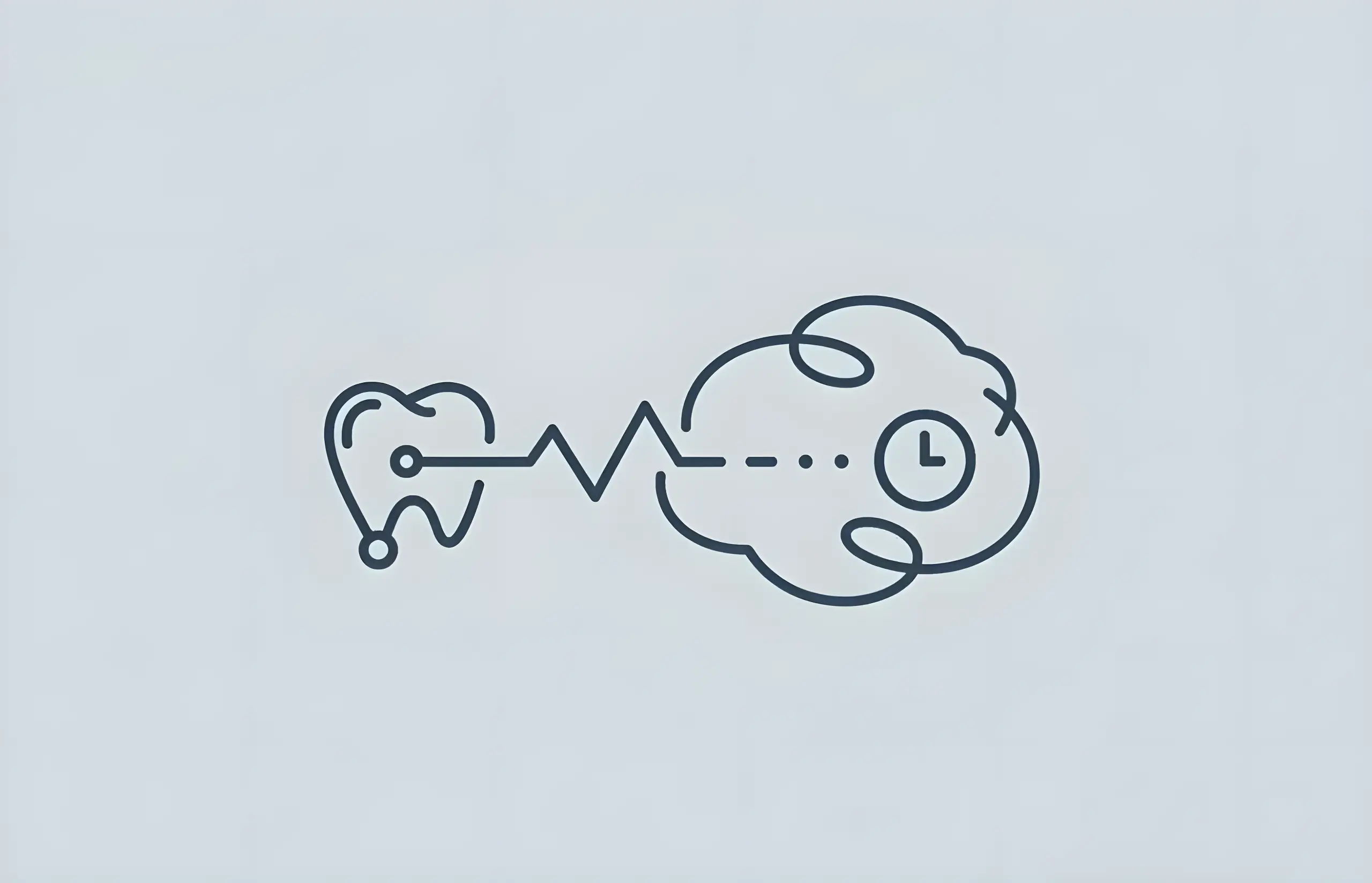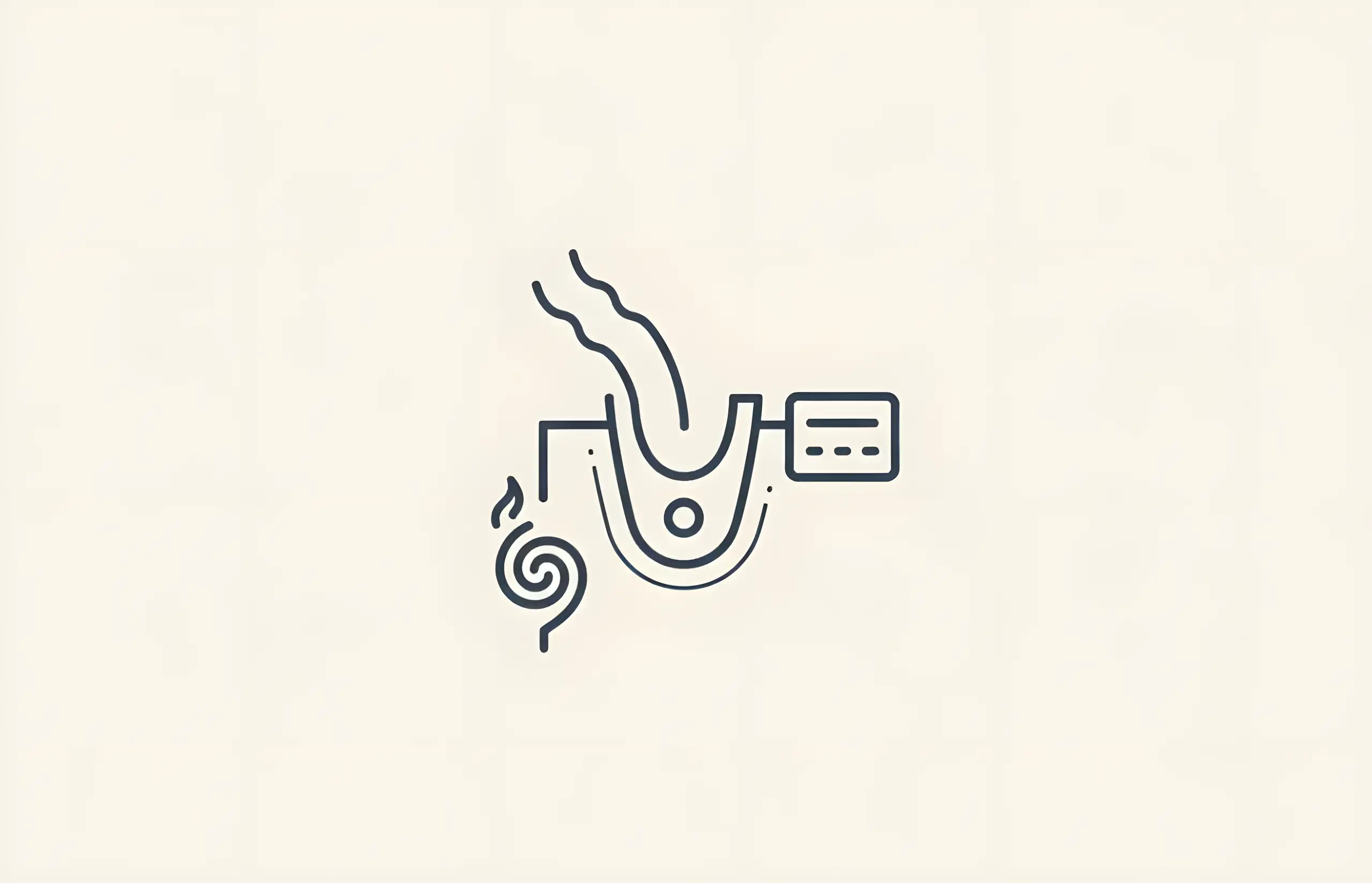Tooth extraction is a fairly straightforward process, but it can sometimes result in complications. Most of these complications show up within weeks of the extraction, so it is not normal if you are still experiencing pain in the gums months or years after the procedure.
It is important to understand all the possible complications of tooth extraction before the procedure so that you know what to look out for. Read on for more information about the potential risk factors of tooth extraction:
Gum Pain Years After Tooth Extraction
It is extremely rare to experience pain in the gums years after an extraction. One possible explanation is that a small part of the root of the extracted tooth was accidentally left behind.
After the extraction heals, it starts shifting around and dislodges from the bone it was attached to. This movement can also affect the surrounding soft tissue, and the discomfort and pain are similar to that of a new tooth growing in.
It's also possible that a small part of the bone broke off during the tooth extraction. Since it is not connected to any living tissue, it is somewhat like a foreign object lodged in the gums.
It is far more common for patients to experience pain from these situations a few weeks or months after the extraction rather than years after an extraction.
If you do experience this kind of pain, you need to consult your dentist and get an X-ray or CT scan of your teeth and jawbone. This will help rule out other causes like infection or cysts in the affected area.
The anatomy of the mouth is such that teeth are very close together, and it is not always easy to tell which tooth is causing the pain.
Another very rare cause of chronic pain in the extraction site is a condition known as atypical odontalgia. It is experienced after extraction and has no apparent cause.
The pain is a dull ache or constant throbbing, which is persistent. It is not set off by biting down, chewing, or exposure to hot or cold foods. The pain can be severe or mild depending on the patient and is treated through pain medication.
Extraction Aftercare
While there's no telling if you will experience complications after a tooth extraction or how severe they might be, it is best to err on the side of caution and do everything you can to prevent any complications.
The following practices will help reduce the risk of complications after tooth extraction and help the healing process:
- Rest for at least a day after the procedure. Take it easy, and don't do any intense physical activity for 24 hours after tooth extraction. Any sort of activity could result in the early dislodging of the blood clot from the wound, which can result in a dry socket later. Your dentist will give you further instructions on when it is okay to resume normal activity. Follow these instructions closely.
- Use ice packs to help reduce the pain after the anaesthesia wears off. You can also use heat later to help eliminate the swelling in the affected area.
- You can also ask your dentist about when to apply cold or heat to your face to relieve the post-procedure symptoms. Take painkillers if needed.
- Have a lot of fluids after the procedure, but stay away from coffee, tea, sodas, alcohol, and hot or cold drinks.
- After the extraction, people often use a straw to protect the affected site, but the sucking sensation can actually suck out the blood clot from the wound. So don't use a straw, but instead slowly sip room-temperature beverages.
- At least for the rest of the day, eat only soft foods. Also, take care not to accidentally bite your cheek before the anaesthesia wears off.
- The anaesthesia lasts for a few hours after the procedure and might make you feel like you can handle solid food or hot or cold beverages, but avoid them and stick to whatever your dentist recommended.
- After the procedure is over, brush your teeth very gently and rinse your mouth. Do not let anything come in contact with the affected area for the first day.
- From the second day onwards, start rinsing your mouth with lukewarm saltwater 3-4 times a day.
- Stop smoking for at least two days after the extraction. Using tobacco or smoking will drastically increase your chances of experiencing complications and slow down the healing process.
Parting Thoughts
It is exceptionally uncommon for a patient to experience pain in the gums years after a tooth extraction. Most complications show up within a few weeks or a couple of months at the most.
Be very thorough with aftercare and follow your dentist's instructions carefully to avoid excessive pain or other complications after the procedure.
Sources and References
- [1]
-
[2]
Efficacy of different methods used for dry socket prevention and risk factor analysis: A systematic reviewMedicina Oral, Patología Oral y Cirugía Bucalhttps://pmc.ncbi.nlm.nih.gov/articles/PMC5813994/
-
[3]
A complication following tooth extraction: chronic suppurative osteomyelitisOral & Implantology (Rome)https://pmc.ncbi.nlm.nih.gov/articles/PMC3808937/
-
[4]
Challenges of Misdiagnosis and Suboptimal Treatment of Persistent Idiopathic Facial Pain and Atypical OdontalgiaJournal of Pain Researchhttps://pmc.ncbi.nlm.nih.gov/articles/PMC7667499/
All sources accessed and verified on . Medical information reviewed for accuracy and compliance with current guidelines.
Related Articles

The Dangers of Tooth Extraction in Elderly People
Understanding the increased risks, complications, and special considerations for tooth extraction in geriatric patients

How Long Does Pain After Wisdom Tooth Extraction Last?
Understanding wisdom tooth extraction pain duration, recovery timeline, and how to minimize discomfort after the procedure

Common Causes of Throbbing Jaw Pain after a Tooth Extraction
Understanding post-extraction complications including dry socket, dental infections, osteomyelitis, osteonecrosis, sinus perforation, and effective home remedies for jaw pain management

How Much Does A Tooth Extraction Cost?
Understanding the costs, procedures, and benefits of tooth extraction in the UK
About The Dental Guide
The Dental Guide is a trusted online resource providing evidence-based information about dental health, treatments, and procedures. Our content is created and reviewed by qualified dental professionals to help you make informed decisions about your oral health.
Our Mission
- Evidence-based dental information
- Expert-reviewed content
- Clear, accessible explanations
- Latest treatment options
- Patient-focused guidance
Editorial Standards
- GDC-registered dental professionals
- Peer-reviewed sources
- Regular content updates
- Medical accuracy verification
- Transparent authorship
Important Notice
The information on The Dental Guide is for educational purposes only and should not replace professional dental advice. Always consult with a qualified dentist for diagnosis and treatment recommendations tailored to your individual needs and circumstances.
Medically Reviewed
Reviewed by Dr. Nasim Mechoui , BDS (Bristol)
Share this article
Comments & Discussion
Have questions about dental implants? Share your thoughts or experiences.
